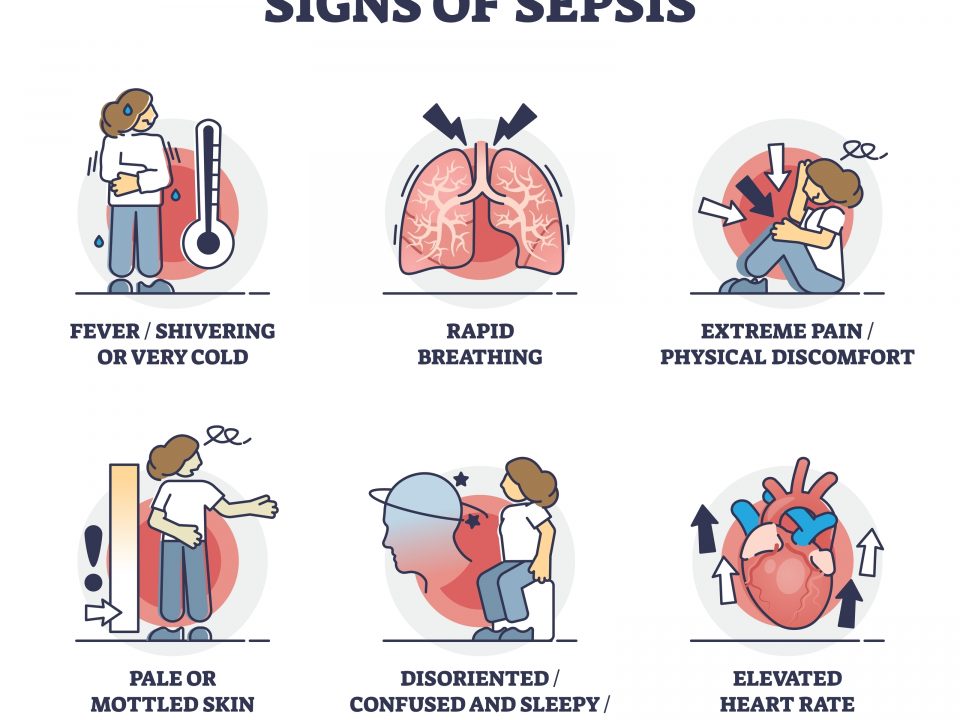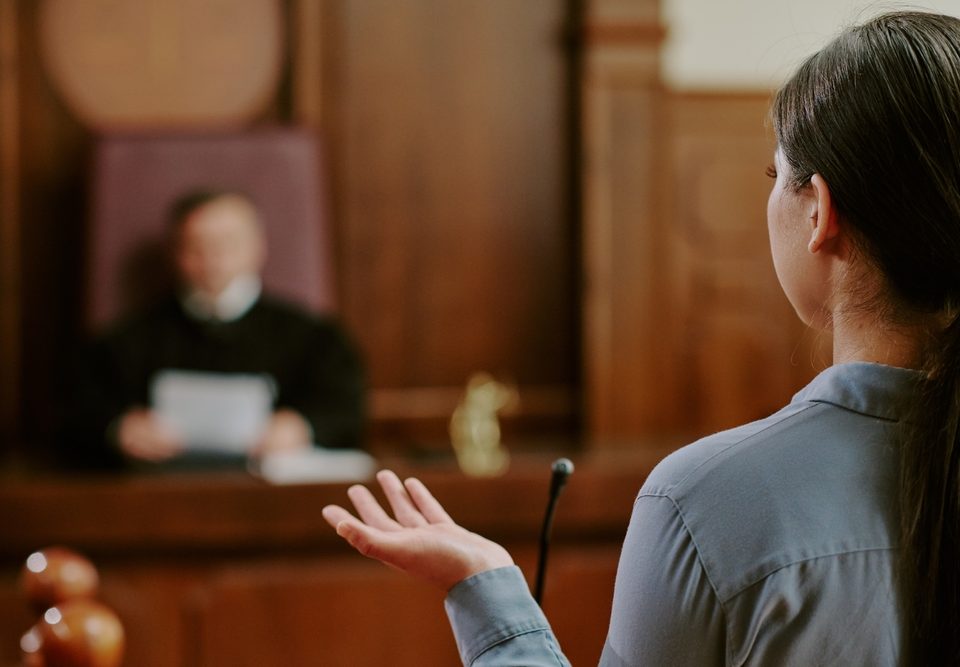
The Hidden Dangers of Falls: The Health Implications of Being Left Unassisted
25th March 2025
Has COVID Changed How We Deliver Care?
22nd April 2025Five years on from the onset of the COVID-19 pandemic, the virus is no longer seen as the unpredictable threat it once was. However, its legacy continues to shape clinical practice and legal scrutiny across the UK. For medico-legal professionals, understanding how the disease is now perceived—and how the healthcare system has adapted—is vital to assessing claims and guiding policy.
From Crisis to Clinical Routine
What was once a novel pathogen requiring national emergency powers is now a relatively well-characterised respiratory illness. While SARS-CoV-2 continues to mutate, the current variants in circulation as of 2025 tend to cause milder disease in the majority of cases. Mass vaccination and prior exposure have led to widespread baseline immunity, changing both the public health response and clinical approach.
In the NHS, COVID-19 is now managed primarily through community care. Hospital admissions are far lower than in 2020–21, and testing is largely reserved for vulnerable patients or those in high-risk settings. The NHS England COVID-19 Clinical Risk Group stratification remains a key tool in identifying patients who might benefit from early antiviral therapy or prophylaxis.
Long COVID: Clinical and Legal Uncertainty
Perhaps the most enduring and complex clinical issue is Long COVID. NHS data suggest that approximately 1.5 million people in the UK report symptoms lasting more than 12 weeks after infection, with fatigue, cognitive impairment, and breathlessness among the most common. Though clinical understanding has improved, diagnostic ambiguity persists.
Medico-legally, Long COVID raises several issues. Determining causation—particularly in the absence of contemporaneous testing—is difficult. Functional impairment assessments are highly individualised and not always aligned with objective investigations. This presents challenges in occupational health disputes, benefits claims, and fitness-for-work evaluations under the Equality Act 2010.
Testing and Proof of Infection
Early in the pandemic, PCR tests were widely used to confirm infection and support legal claims. With the move away from mass testing, reliance on lateral flow results or clinical history is increasingly common. For litigators, this makes evidencing COVID-19 exposure—especially in employment disputes or clinical negligence cases—more complex.
In negligence claims involving alleged failure to diagnose or manage COVID-19, the Bolam standard and the Montgomery test remain the guiding principles. However, courts have also shown some willingness to consider the pressures and evolving knowledge base during the peak crisis periods. This temporal context is often key to defence arguments.
Vaccination: Benefits and Legal Risks
The UK’s COVID-19 vaccination programme, delivered primarily through the NHS, is widely seen as a success. Seasonal boosters are now offered to high-risk groups, much like the flu vaccine. Still, claims under the Vaccine Damage Payment Scheme (VDPS) remain an area of contention.
Though most adverse events are rare, claimants have sought redress for conditions such as myocarditis and neurological complications. Under the VDPS, the £120,000 lump-sum payment threshold requires demonstrating “severe disablement,” a high bar that has prompted calls for reform. Legal professionals must also consider issues of informed consent, particularly in cases involving vulnerable adults or healthcare workers under employment pressure.
Clinical Negligence and Systemic Delay
One of the lasting medico-legal consequences of COVID-19 in the UK is the backlog in elective care and diagnostic services. Claims alleging delay in cancer diagnoses or surgical interventions frequently cite the pandemic as a contributing factor. While clinicians may argue systemic pressure as a mitigating factor, courts will still examine individual decision-making through the lens of reasonable care.
In addition, claims relating to infection control failures in care homes and hospital-acquired COVID-19 remain active. Establishing causation, particularly in settings where the virus was widespread, often requires epidemiological analysis and expert testimony.
Looking Ahead
COVID-19 is no longer a medical emergency but rather a familiar clinical challenge—particularly for those with ongoing symptoms or vulnerability to complications. For medico-legal practitioners in the UK, the key is balancing current understanding with the historical context of uncertainty, pressure, and evolving guidance.
As the dust settles, both the legal and healthcare systems are left to reconcile the past five years: understanding what was reasonable under the circumstances and ensuring fair outcomes for patients, providers, and institutions alike.




